From June 9 to 11, 2025, the City of Martin hosted the first real-user testing of the ITHACA digital platform. It has been developed to support civic participation and actively involve the public in local decision-making. This key milestone marks part of the final phase of the ITHACA project (Artificial Intelligence to Enhance Civic Participation). Moreover, it provides rich, hands-on feedback from both community members and local government experts.
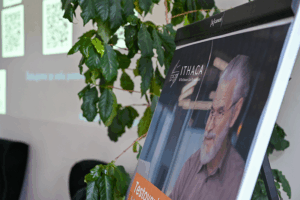


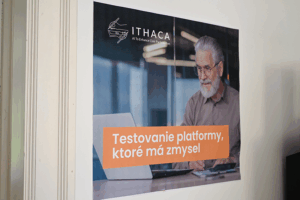
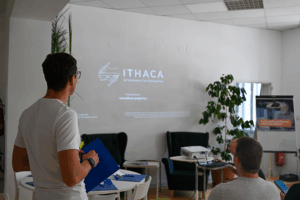

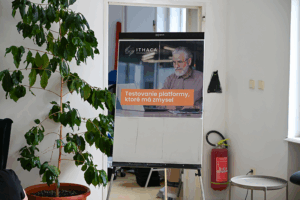
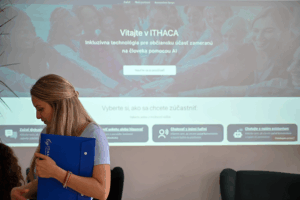

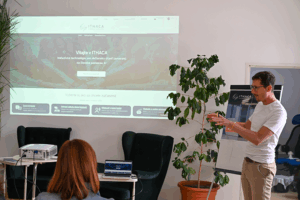
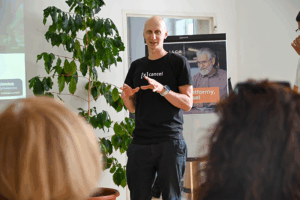
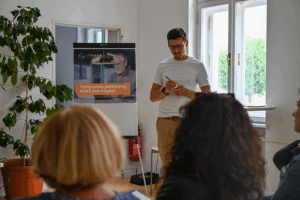
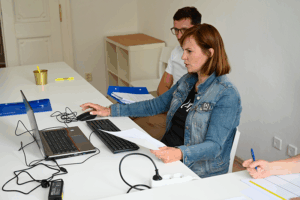

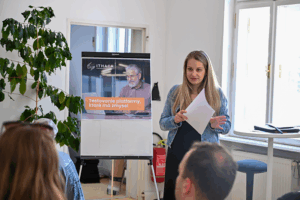






Testing with the Community: A Focus on Inclusion
The pilot testing took place over three consecutive days, each tailored to specific participant groups.
The first and second days were dedicated to vulnerable groups, such as seniors, people with disabilities, and members of marginalized communities, as well as regular citizens. In addition to testing the platform itself, an open discussion was held in which participants shared their experience, barriers, and needs related to digital engagement in public processes.
The third day was reserved for stakeholders from the City of Martin, including:
Among the participants was Mr. Stanislav Thomka, Vice Mayor of Martin, who highlighted the open nature of the project:
“The ITHACA platform has the potential to strengthen the dialogue between the local government and citizens. I see it as a tool that can complement our existing communication channels, especially in working with vulnerable groups. However, for it to succeed, quality user training and a clear explanation of its benefits to the public will be essential.”



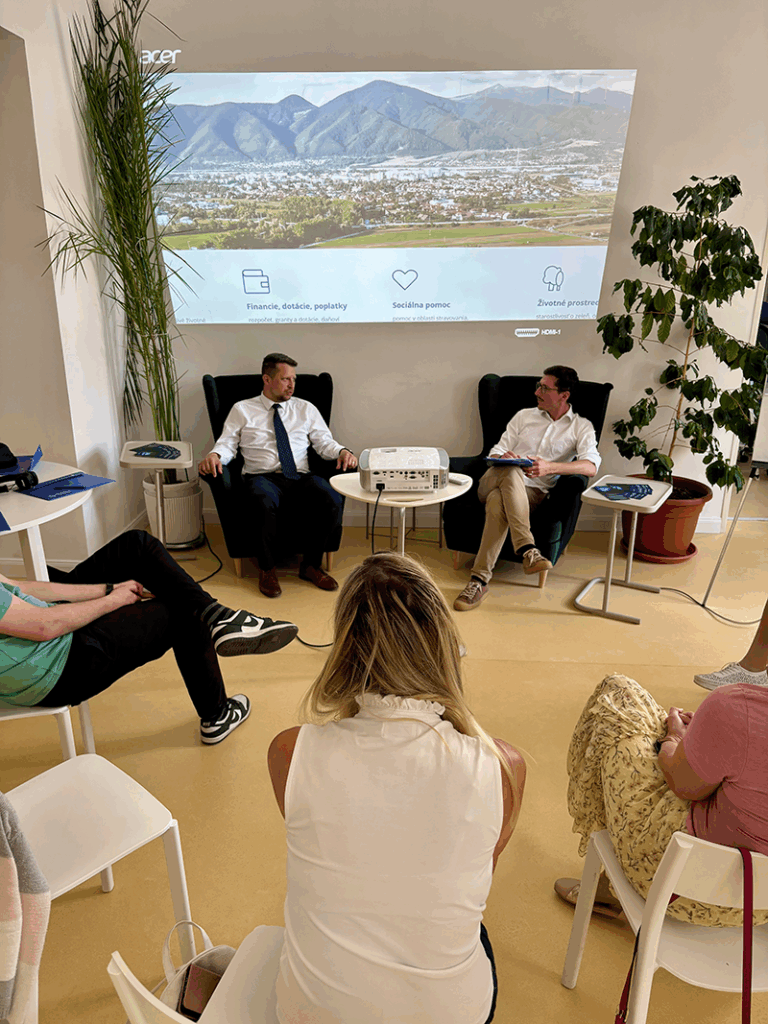





Shaping the Platform Through Stakeholder Insights
The discussion with stakeholders focused on topics crucial for the project’s future direction. It addressed issues from the perspective of interested parties, including e.g.:
Participants also had the opportunity to discuss the platform’s advantages and disadvantages with the Vice Mayor and consider its potential use in local governance.
Coordinated by a Local Research Team
The research team for the City of Martin was led by Mgr. Veronika Šaušová, who, together with Michal Stupak, Jakub Kňažko, and Kristína Stoláriková, organized and facilitated the entire testing process.
“The testing went better than expected. The participants were willing to collaborate, showed interest in the topic, and engaged in discussions about both the challenges and the positives they observed. We believe these findings will help improve the platform and provide excellent feedback for the developers,” said Ms. Šaušová.
Looking Ahead: Shaping the Platform’s Future
All feedback and data collected during the testing in Martin have been submitted to the Centre for Research and Technology – Hellas (CERTH) for further analysis. These insights will directly inform the work of the platform’s development team and contribute to the continuous improvement of ITHACA.
This phase underscores ITHACA’s commitment to inclusive, human-centered design and meaningful co-creation with citizens. Funded by the European Union under the Horizon Europe programme, the ITHACA project is a transnational collaboration involving 11 partners from across Europe, led by Konnekt Able Technologies Ltd. (Ireland).
As testing continues in other pilot locations, ITHACA moves closer to delivering a practical, impactful, and inclusive digital solution for civic participation — one built not just for communities, but with them.

Funded by the European Union. Views and opinions expressed are however those of the author(s) only and do not necessarily reflect those of the European Union or the Europe Research Executive Agency. Neither the European Union nor the granting authority can be held responsible for them.